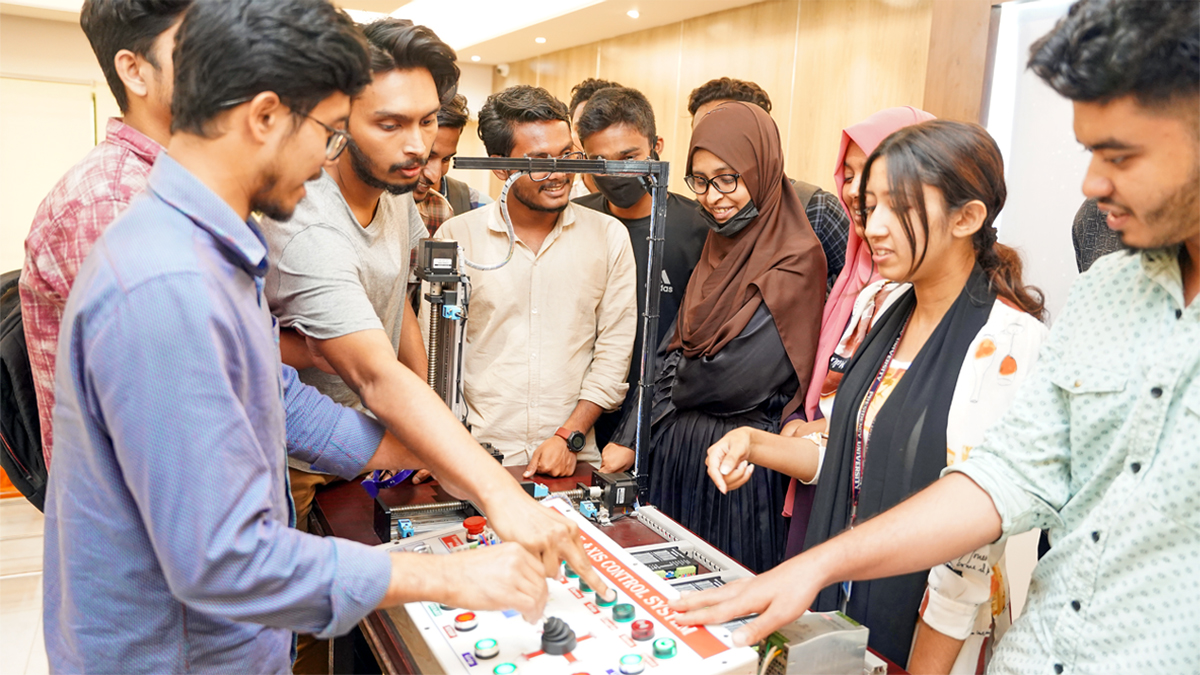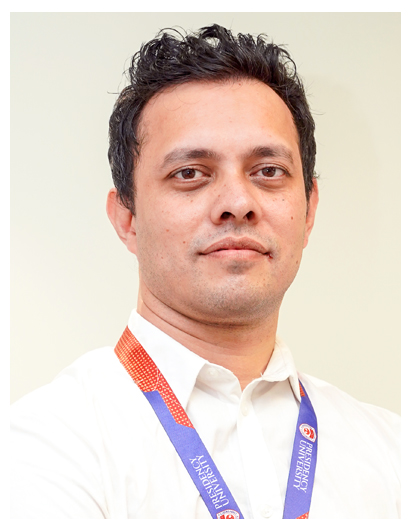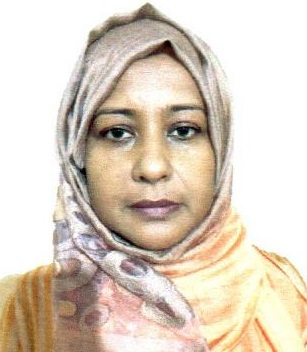
Department of Electrical and Electronic Engineering
Programs
B.Sc in Electrical &Electronic Engineering-140 Credits
DEPARTMENT INFORMATION
In the age of AI, the world is changing like never before. Rapid transformation into the technological landscape will impact the overall job scenario of the world as a whole. Electrical and electronic engineering will be one of the most important job sectors that will sustain and thrive involving chip design, power system installation and maintenance, EV production and innovation, IoT and automation system development, etc. Also, electrical engineers can expand their careers in any other engineering field with ease and require minimum adaptation. In Bangladesh and abroad, Job fields in power are rapidly increasing through constant innovation, investments, and policy adaptation for environmental sustainability. EEE Department of Presidency University has a legacy of being one of the pioneer departments since 2003 where many reputed professors in the fields have been a part of. We have alumni working in local industries and abroad, many securing higher studies in well-known universities worldwide beholding the fame of the institute. In recent years, the EEE department has been going through a transformation to address future opportunities in the field with the most contemporary curriculum, professional certification, state-of-the-art lab development, and research initiatives. The EEE family of the Presidency University is growing and you all are welcome to be a part of it.
Mission
Produce graduates who will lead in their respective fields with their breadth of engineering knowledge and skills.
Utilize research activities to improve the quality of life of our citizens.
Equip graduates with the ability to solve engineering problems.
Empower graduates with high ethical and moral values.
Encourage graduates with the ability to serve in a culturally diverse setting, at the national and international level.
Vision
To be the center of excellence which will prepare graduates to work as electrical engineers for the broad range of opportunities available in industrial, commercial, academic, and government organizations and to train graduates for continued learning experiences either in a formal graduate or professional program or in continuing education. The alumni will be enabled to advance in their fields to supervisory and leadership positions in their chosen careers.
About the Department
The Fourth Industrial Revolution (4IR) is rapidly approaching in the modern world, necessitating an understanding of cutting-edge electrical and electronic engineering technology. Graduates ought to pick up the skills necessary to be ready for the workforce. To meet the demand, The B.Sc. program in Electrical and Electronic Engineering at Presidency University is designed to give students a foundation in both the fundamental sciences and this area of engineering. Additionally, the program offers enough general education to support a student's cultural development and produce professionals with a keen social consciousness. Senior year is when elective courses are first offered. When choosing their courses, students must adhere to the department's design, breadth, and depth of requirements. The program also provides sufficient general education to enhance the cultural growth of a student leading to professionals with strong social awareness. Elective courses are introduced in senior year. Students must meet the design, depth, and breadth of requirements of the department in their selection of the courses. The requirements of achieving 4IR are also met by taking courses in other core areas, or courses in emerging technologies. The design requirement is met through a capstone design project and internship/research/entrepreneurship of ten credit hours in the fourth year. The depth requirement is met by taking a minimum of three courses (9 credit hours) from four core areas of Communication and Signal Processing, Electronics, Power System Engineering, and Hardware and Software Systems.
Career Prospects
Electrical and Electronic Engineering (EEE) is a dynamic and rapidly evolving field that holds significant importance in the industrial and technological growth of Bangladesh. EEE graduates have a broad range of career opportunities in various sectors, both in the public and private domains. Here's an overview of the career prospects for EEE students in Bangladesh:
1. Power Sector
Bangladesh has been actively expanding its power generation and distribution capabilities to meet increasing demand and support economic growth. EEE graduates can find opportunities in Power Generation Companies: Such as the Bangladesh Power Development Board (BPDB) and various independent power producers (IPPs).
Renewable Energy: Companies focusing on solar, wind, and other renewable sources are increasingly prevalent in Bangladesh.
Rural Electrification: Initiatives aimed at electrifying rural areas offer numerous positions, from project management to field engineering.
2. Telecommunications
As the country continues to enhance its telecommunications infrastructure, there is a high demand for EEE graduates in companies such as:Grameenphone, Robi, Banglalink: For roles in network design, maintenance, and expansion.
Internet Service Providers (ISPs): Designing and managing networks to support data-heavy services.
3. Manufacturing Industry
Consumer Electronics and Industrial Electronics: Companies like Walton, Singer, and other manufacturing firms need EEE graduates for the design, production, and maintenance of electronic appliances and industrial electronic systems.
Automobile Sector: With the global shift towards electric vehicles (EVs), there are emerging opportunities in automotive electronics.
4. Information Technology and Software
Software Development: EEE graduates with skills in programming can join the IT sector in software development, especially in embedded systems development.
IT Infrastructure: Managing and maintaining the IT backbone of large corporations.
5. Research and Development
Academic Institutions and Research Labs: Engaging in cutting-edge research in electronics, telecommunications, and power systems.
Innovation Startups: Contributing to and leading initiatives in tech startups, particularly in hardware-based innovations.
6. Government and Public Sector
Public Service Commission: EEE graduates can join various governmental departments and agencies involved in infrastructure development, urban planning, and energy management.
Defense: Opportunities in military and defense-related projects that involve sophisticated electronic and electrical systems.
Consulting and Services
We are providing expert advice and solutions in the fields of electrical safety, energy efficiency, and system integration for both domestic and industrial clients.
Educational Path and Skill Development
To capitalize on these opportunities, EEE students should focus on: Specializations: Pursuing further studies in fields like renewable energy, telecommunications, or automation.
Certifications
Gaining professional certifications relevant to their field, such as Certified Energy Manager (CEM) or Cisco Certified Network Associate (CCNA), can enhance employability.
Soft Skills: Developing strong communication, project management, and analytical skills.
Powered by Froala Editor
নবীনবরণ অনুষ্ঠান
গত ২৪ মে, ২০২২ বিকাল ৪ টায় বারিধারা ক্যাম্পাসের অডিটরিয়ামে বর্ণাঢ্য আয়োজনের মধ্য দিয়ে প্রেসিডেন্সি ইউনিভার্সিটির...
- বারিধারা
- 04pm - 04pm






